Arab American Women: We Must Know Their Names
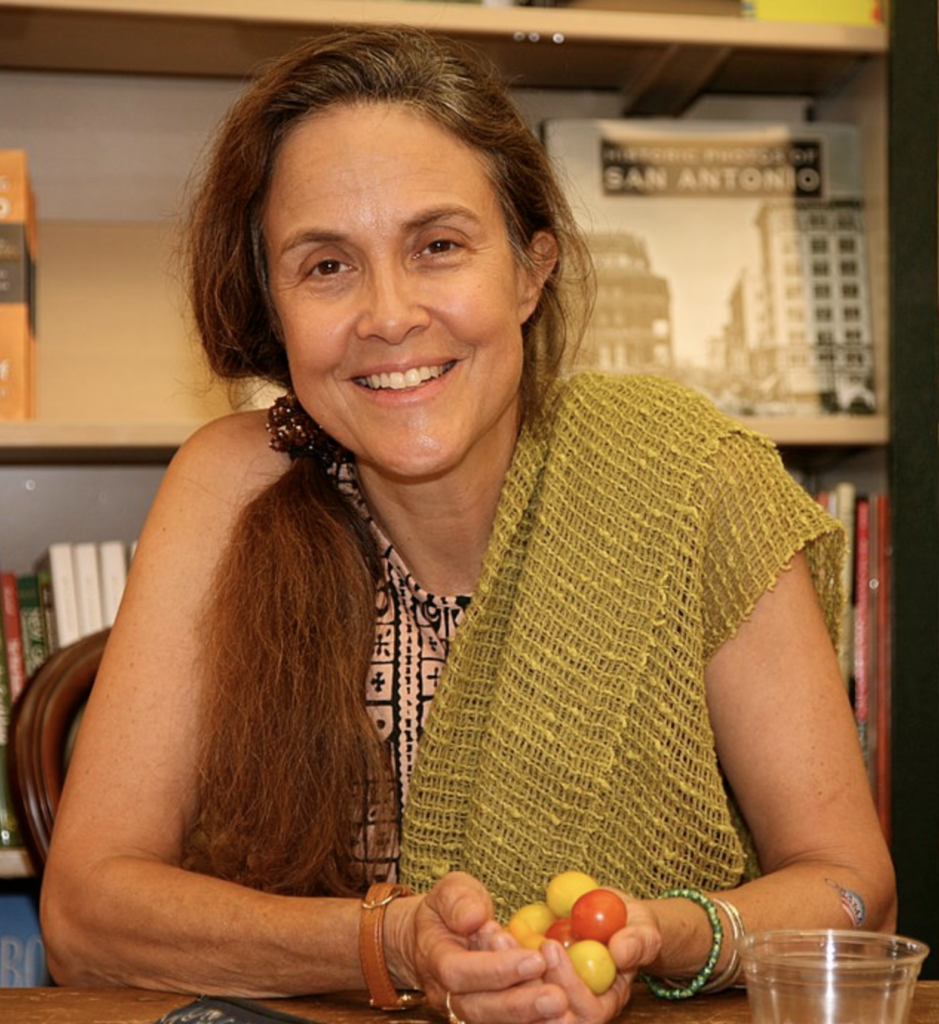
By: Lina Abirafeh / Arab America Contributing Writer
Can you name one Arab American woman? Too many of us cannot. Starting today, we will know all their names.
Arab American women have made their mark in America across various fields – too often without recognizing their origins. We are doubly marginalized – usually excluded from the narrative of the Arab American community as well.
There are around 3.7 million Arab Americans in the US today, meaning there are almost 1.9 million Arab American women. The time is long overdue to reclaim our story and recognize our achievements. Our impact is – and has always been – significant. We should not wait until “Women’s Day” to celebrate these achievements.
Take, for instance, Helen Thomas, the trailblazing journalist and first female White House Press Corps member. She fearlessly questioned American presidents and held them to account. Her journalistic integrity is well known – and these days is sorely missed.
Does anyone actually know that Challenger astronaut Christa McAuliffe was of Lebanese origin? Or that “starchitect” Zaha Hadid was Iraqi? We can also claim politician and educator Donna Shalala, who served as U.S. Secretary of Health and Human Services under President Clinton. And celebrity singer, dancer, and choreographer Paula Abdul. Rima Fakih, Miss USA 2010, was the first Arab-American and Muslim woman to win the title. There’s also actress and comedian Maysoon Zayid, who shatters stereotypes with her humor and advocacy for disability rights. And Iraqi-American feminist author, activist, and humanitarian Zainab Salbi.
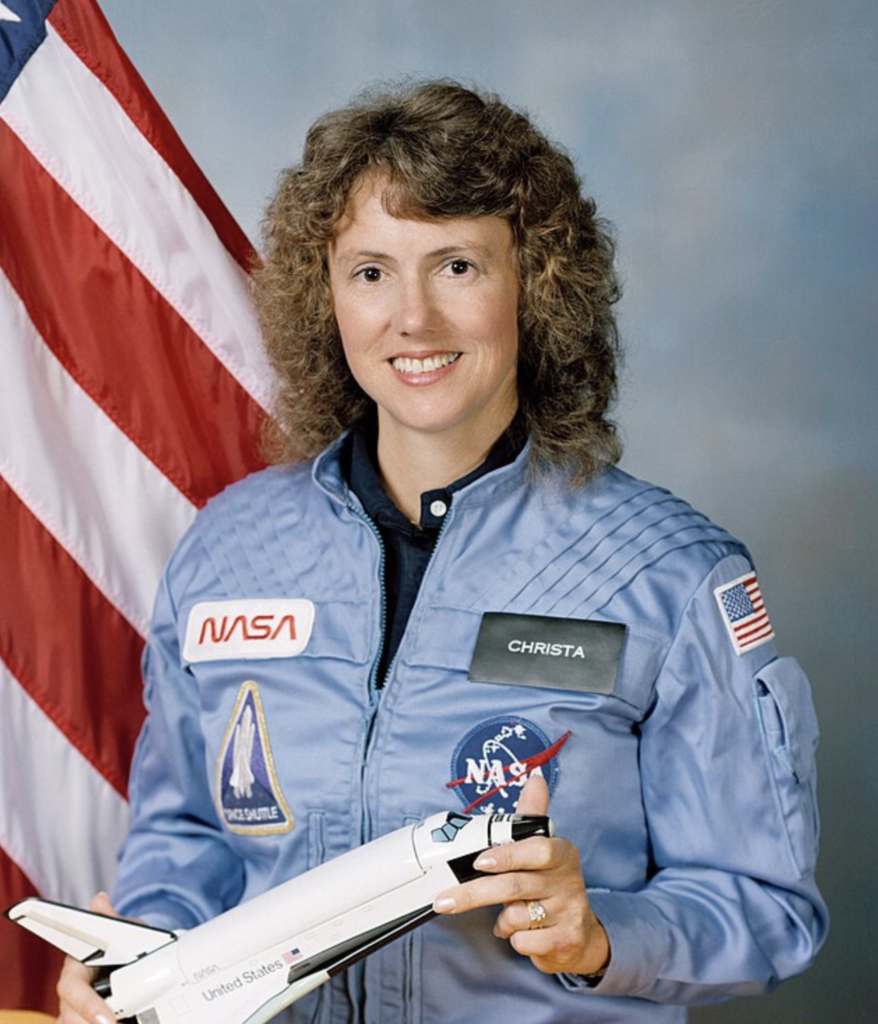
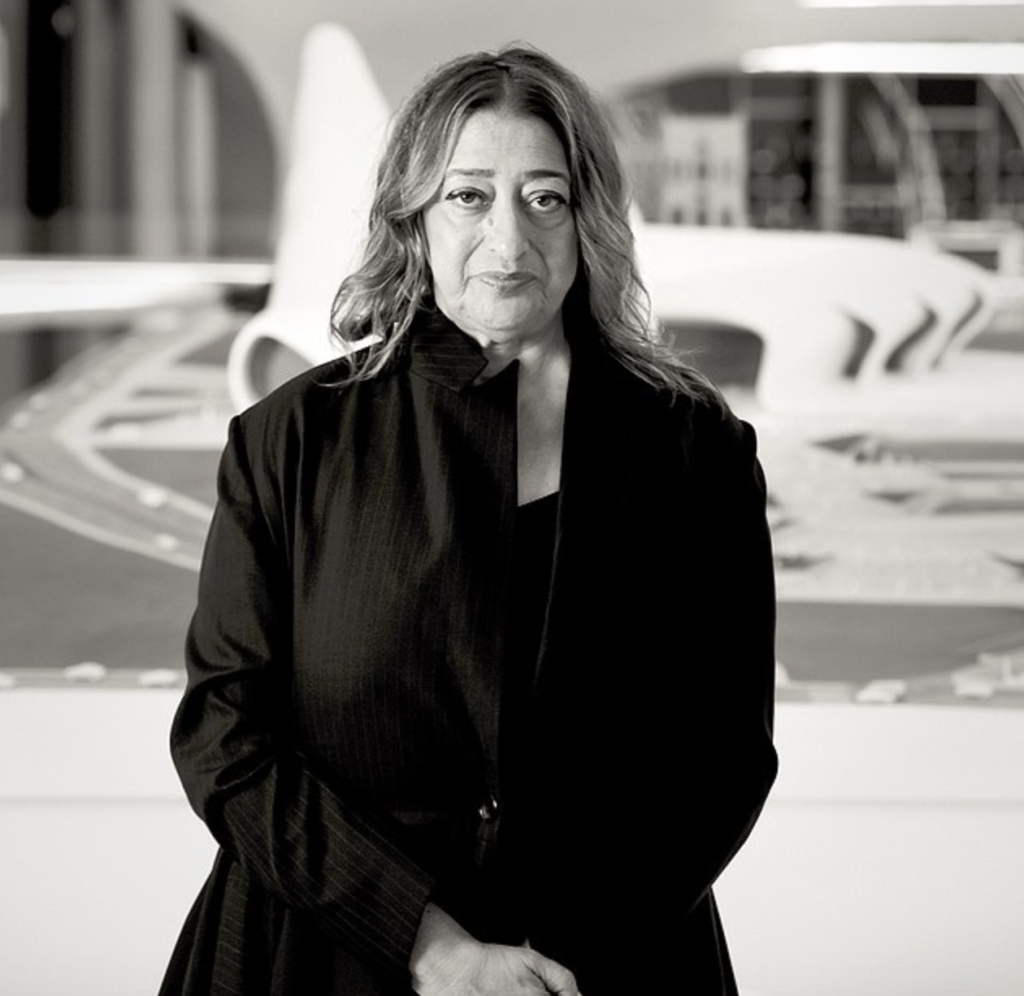
Arab American women are leading the way in science and technology. Take, for instance, Dr. Rana El Kaliouby, Egyptian-American computer scientist and founder of Affectiva. Her organization created an entirely new category of technology called Emotion AI to read, process, and simulate human emotions. And Moroccan-American biotechnologist Dr. Celine Halioua is developing life-extending drugs for dogs which she eventually hopes can be used on humans.
Shall we go on? Yes – starting today, we will.
We should learn about and celebrate Dr. Mona Hanna-Attisha, an Iraqi-American pediatrician whose research first exposed the water crisis in Flint, Michigan. She tells the story in her book What the Eyes Don’t See: A Story of Crisis, Resistance, and Hope in an American City, and she continues to advocate for public health by leading Rx Kids, an organization to combat poverty-related health disparities in Flint.
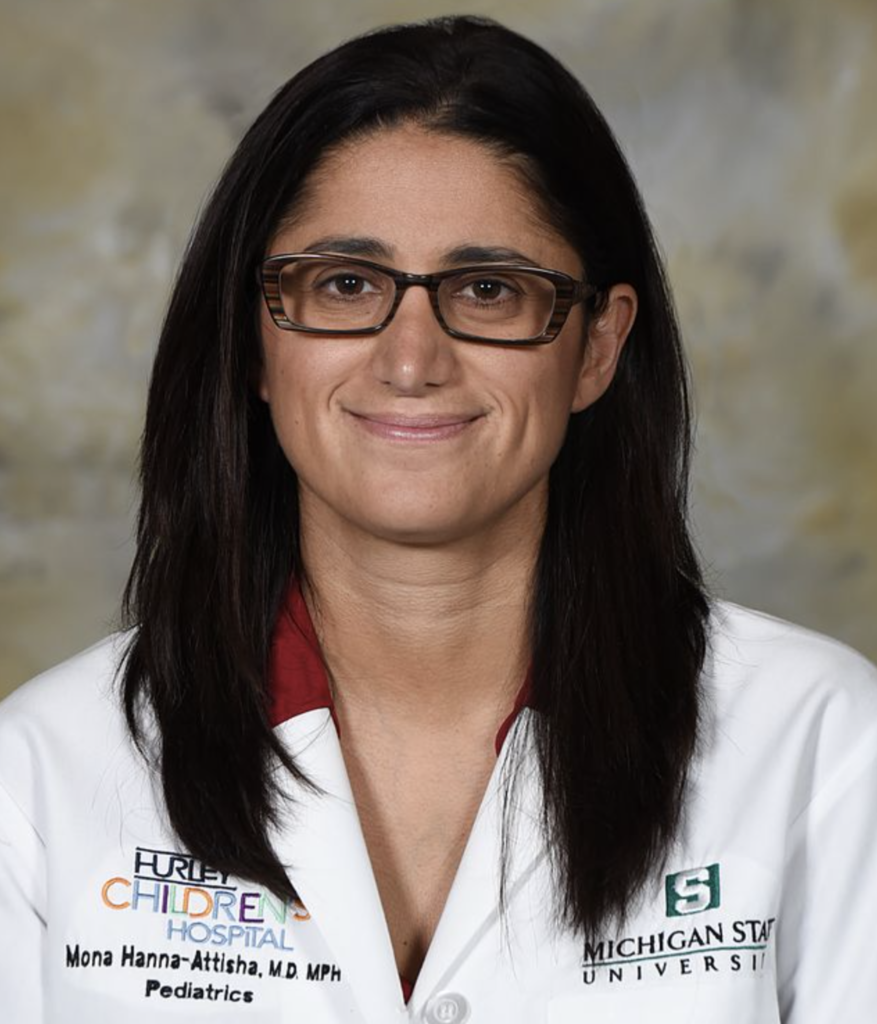
We can also claim prominent Palestinian-American author Susan Abulhawa, whose first novel, Mornings in Jenin, sold more than a million copies in 32 languages, making her the most widely-read Palestinian author of all time. She is also the founder of Playgrounds for Palestine, building playgrounds in Palestinian refugee camps in Lebanon.
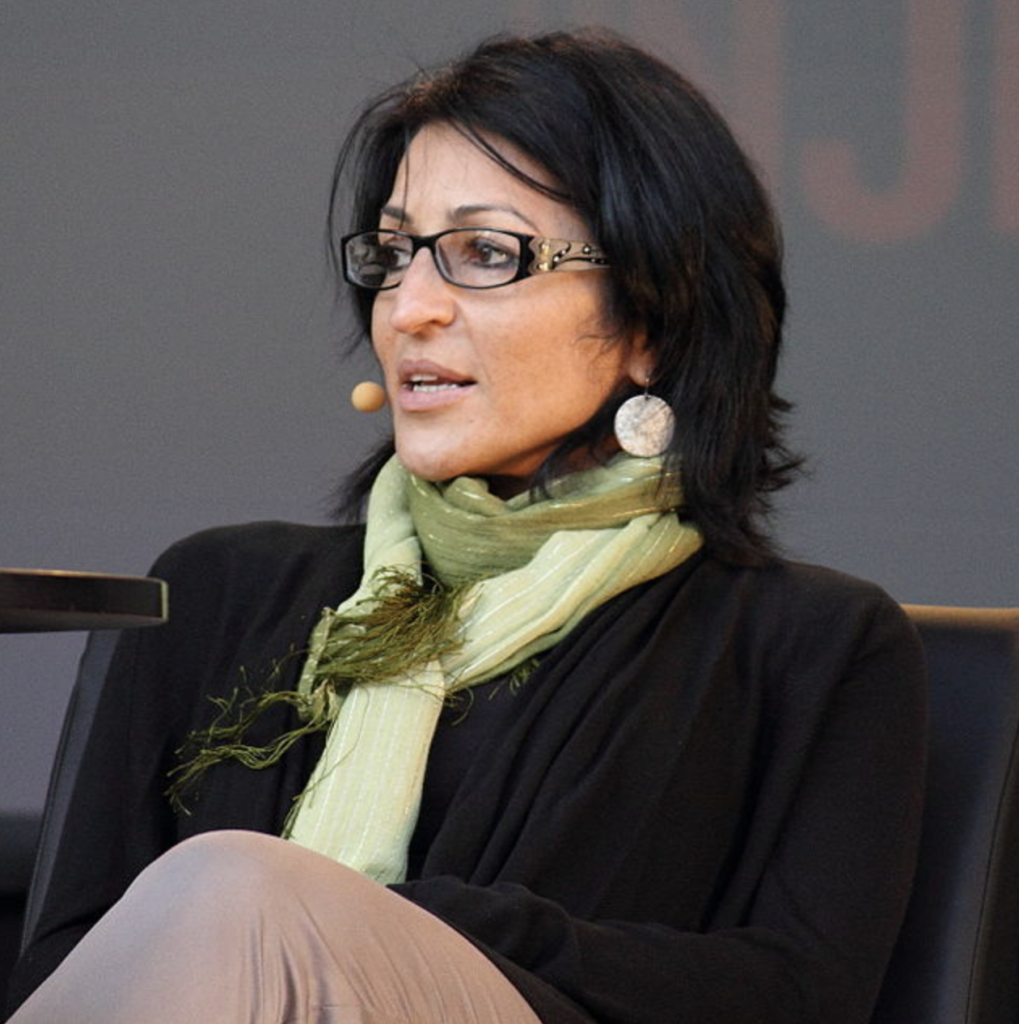
Advocacy for Palestine is driven strongly by Noura Erakat, a Palestinian-American legal scholar and human rights attorney at the forefront of calling out Zionist aggression and Palestinian liberation. She currently serves as a professor at Rutgers University and is on the Institute for Policy Studies board. Her voice builds on a legacy of Palestinian-American women advocating for freedom since the onset of the Occupation in 1948, growing ever stronger today.
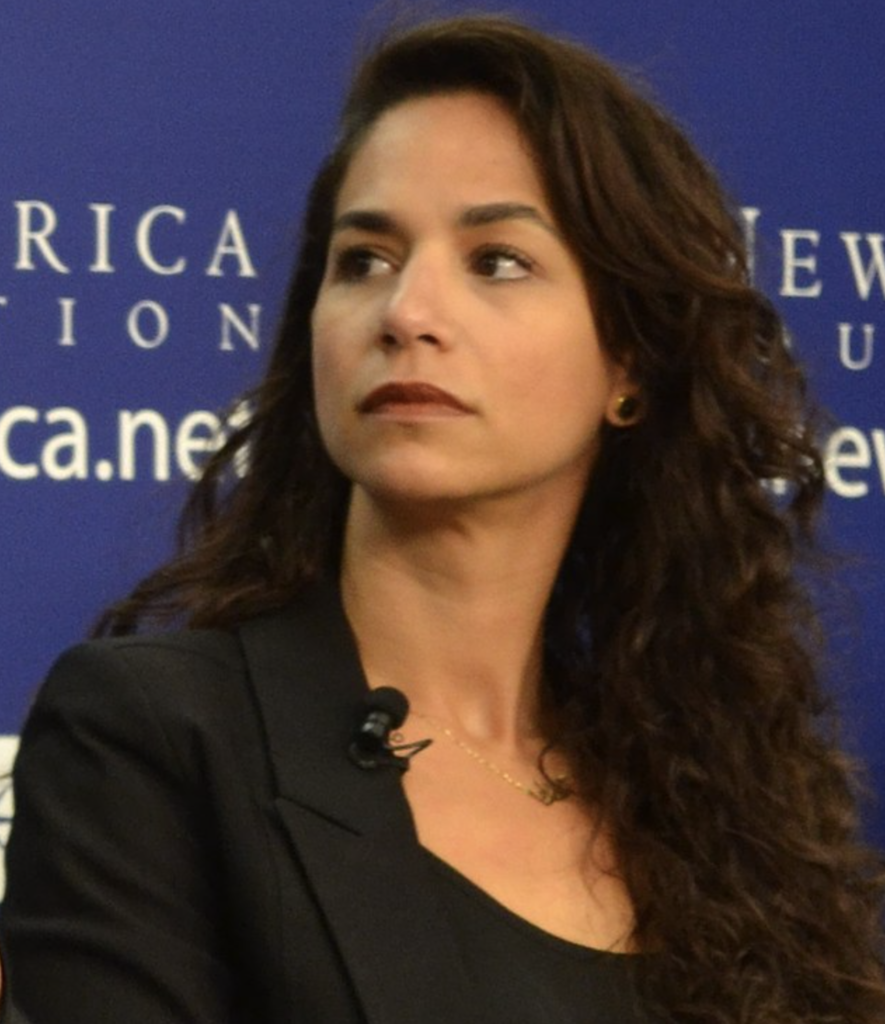
These women, and many others, embody resilience, creativity, and the power of voice, leaving an enduring legacy for future generations of Arab American women to celebrate – and emulate. This list is long, and it should make us infinitely proud of who we are and what we achieve. The Arab American Women’s Business Council and the National Arab American Women’s Association are a few organizations celebrating the achievements of Arab American women.
As important as it is to highlight the fantastic – and too little known – achievements of Arab American women, we should not wait for “Women’s Day” to do so. And we should not have to break glass ceilings for our value to be recognized repeatedly. We contribute to the Arab American community. And we contribute to America. And – by being Arab – we contribute to our respective countries, celebrating our origins, defying stereotypes, and reframing the narrative of what Arab American women have done – and what they have yet to do.
All of these are extraordinary feats.
Poet and essayist Naomi Shihab Nye, whose evocative works explore themes of identity, belonging, and cultural heritage, once wrote:
“One of these children will tell a story that keeps her people alive. We don’t know yet which one she is.”
May it be all of us.
Lina AbiRafeh is a women’s rights expert, activist, and aid worker with close to three decades of experience creating positive change for women around the world.
Check out our Blog here!


